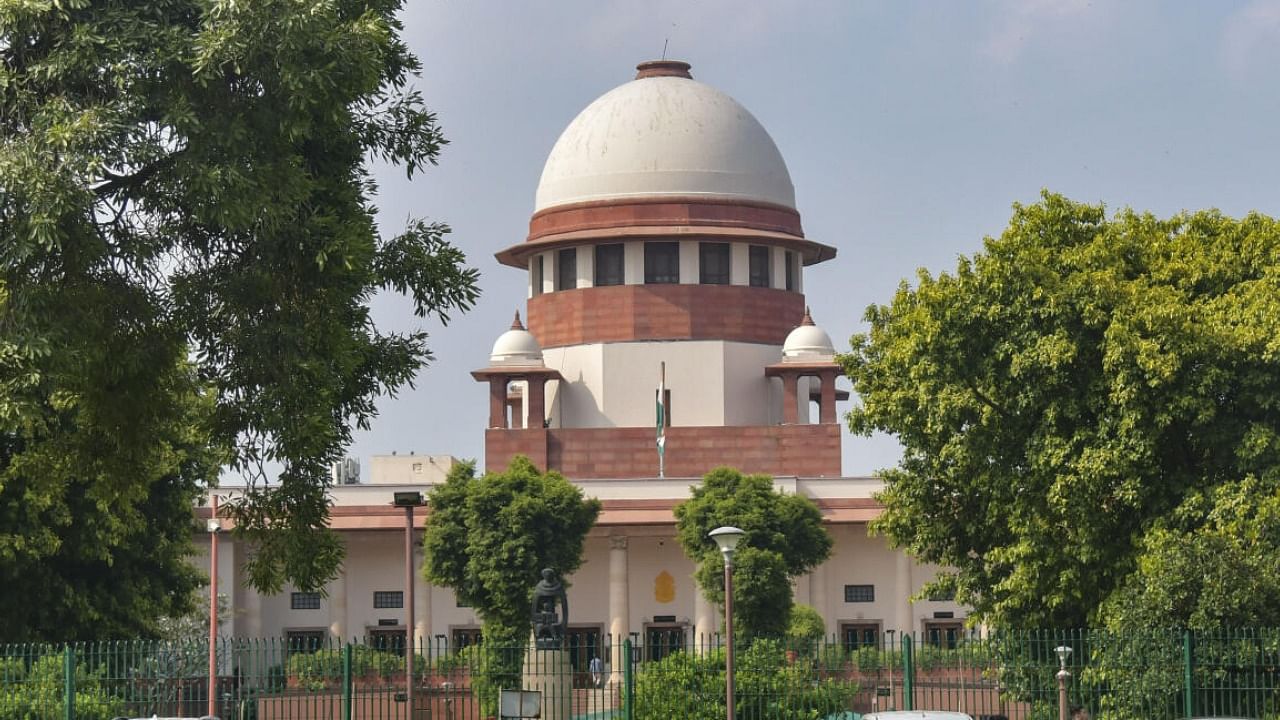
The Supreme Court on Tuesday modified conviction of a woman from murder to culpable homicide for killing her husband on sudden provocation as the deceased refused to pay Rs 500 to their daughter for attending National Cadet Corps camp.
A bench of Justices B R Gavai and J B Pardiwala allowed an appeal filed by Nirmala Devi, saying she is entitled to benefit of doubt, inasmuch as the offence committed would fall under Exception I of Section 300 IPC.
"The conviction is altered from Section 302 of the IPC to Part-I of Section 304 of the IPC. The appellant has already been incarcerated for a period of almost 9 years, and, therefore, we find that the sentence already undergone would serve the ends of justice," the bench said.
In the case, the bench said after a careful scrutiny of the testimony of Priyanka, daughter of the deceased, it will be difficult to sustain conviction under Section 302 of the IPC.
The court also pointed out that the weapon used in the crime is a stick which, by no means, can be called a deadly weapon.
"Therefore, the possibility of the appellant causing the death of the deceased while being deprived of the power of self-control, due to the provocation on account of the deceased not agreeing to pay Rs 500 to Priyanka cannot be ruled out," the bench said.
The court noted the relations between the deceased on one hand, and the other members of the family consisting of the wife, his son, the original accused, and daughter Priyanka were not cordial.
If daughter's testimony is read as a whole, it would reveal that her father and mother often quarreled. The deceased Mast Ram fractured the leg of her mother during one of such quarrels, and a criminal case was also pending against him for the said offence.
On the date of incident, on refusal by the deceased to pay Rs 500 to the daughter, the quarrel started between her father and mother. Her mother gave blows with a stick on the head and legs of her father. Her father sustained injuries, which led to his death, the bench noted.
In the case, the trial court at Solan held the appellant guilty and sentenced her to life term. It, however, had acquitted her son. The High Court had dismissed her appeal.
